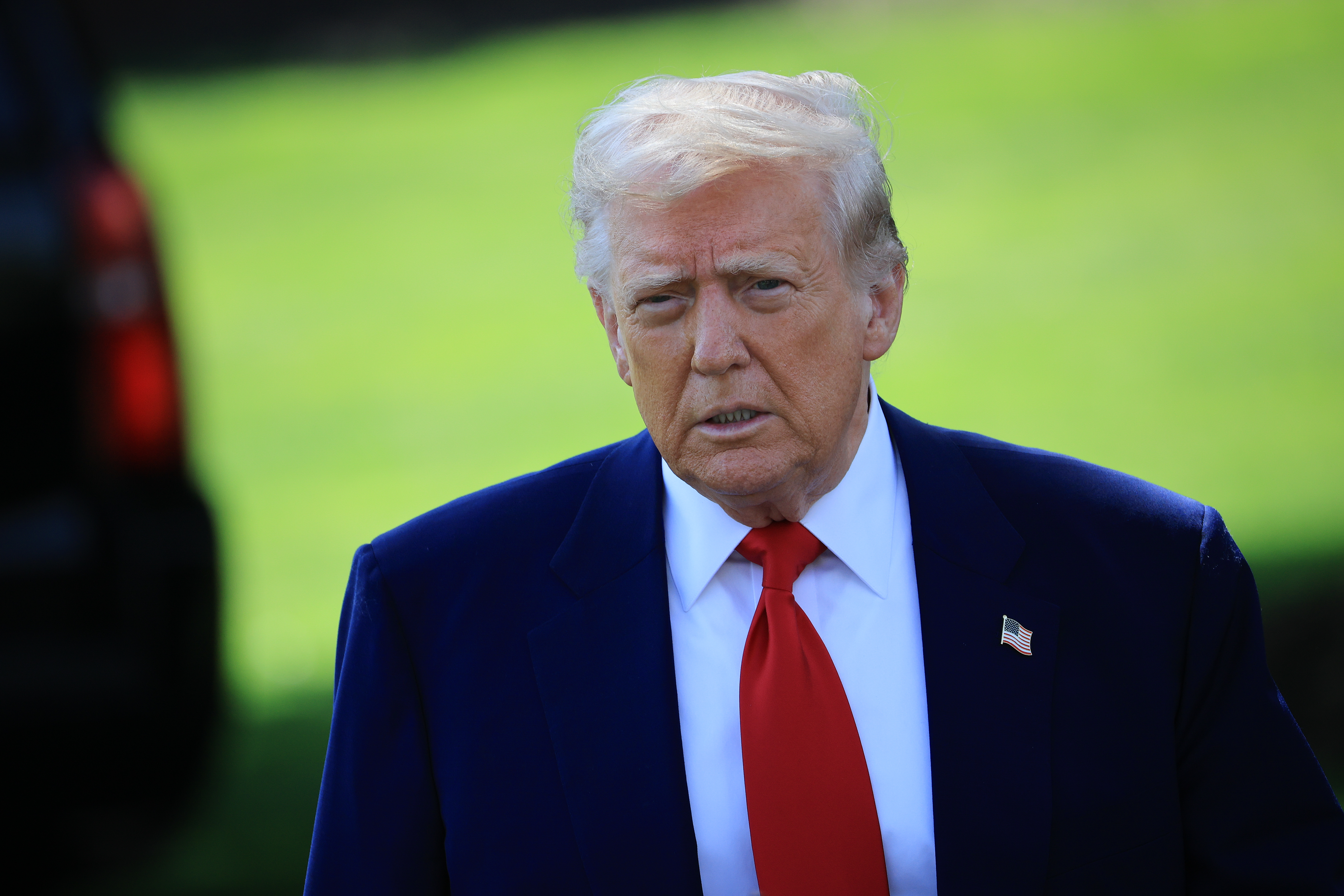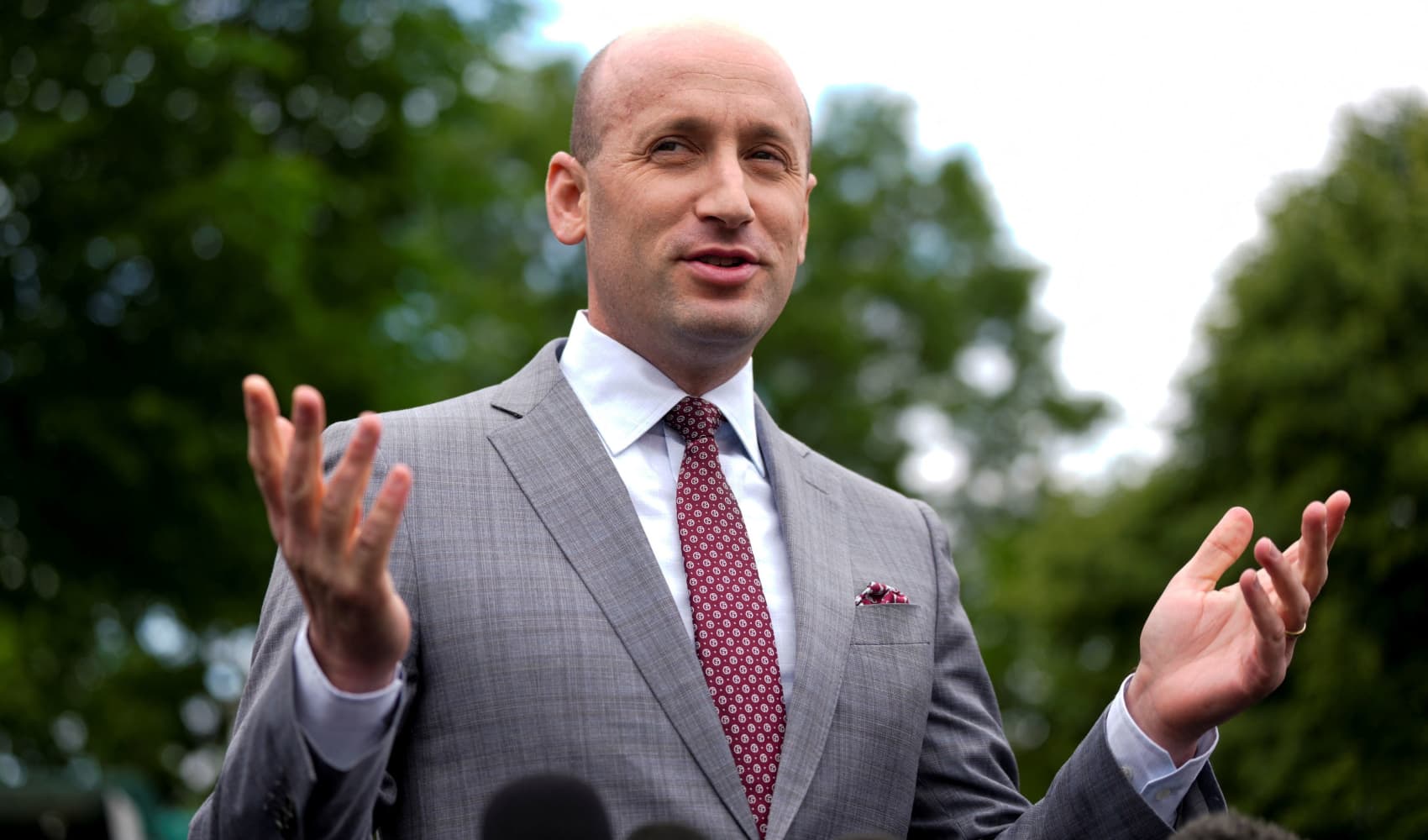Van Hollen's El Salvador Trip: Fighting for Due Process
Van Hollen's El Salvador Trip: Justice For All, Not Just One Man
Introduction: A Senator's Mission in El Salvador
What would you do if someone you knew was wrongfully deported? Senator Chris Van Hollen didn't just stand by. He took a trip to El Salvador. But why? Was it to simply defend one man, Kilmar Abrego Garcia? According to the Maryland Senator, it was far more than that. It was about upholding the very principles of due process and the rule of law, principles that affect all of us.
Why El Salvador? Understanding the Context
The Bukele Factor: A President's Decision
The situation gets even more interesting when you consider that El Salvador's President, Nayib Bukele, has publicly stated he won't return Kilmar Abrego Garcia to the United States. This adds a layer of complexity to the case, turning it into a diplomatic challenge alongside a legal one. Is this a simple extradition case, or something more?
The Allegation: Wrongful Deportation
The core issue revolves around the claim that Kilmar Abrego Garcia was wrongfully detained and deported by the Trump administration. This isn't just an opinion; Senator Van Hollen points to an admission in court. If a government admits to such a mistake, shouldn't steps be taken to correct it? The answer seems obvious, but the reality is proving to be far from simple.
Senator Van Hollen's Stance: It's About Due Process
Beyond Individual Cases: The Bigger Picture
Sen. Van Hollen emphasizes that his trip wasn't just about "defending the man," Kilmar Abrego Garcia, but about "defending the rights of this man to due process." This is a crucial distinction. It’s a reminder that the law should apply fairly to everyone, regardless of their background or circumstances. It's about defending the bedrock of our legal system.
The Rule of Law: A Foundation of Democracy
Why is the rule of law so important? Because it's the foundation upon which a democratic society is built. If the government can arbitrarily detain and deport people, what's to stop it from doing so to others? Without due process, we risk sliding into a system where power is unchecked and individual rights are vulnerable. Think of it as a domino effect; once one falls, others are sure to follow.
A Constitutional Crisis? The Senator's Perspective
Is the U.S. in a Crisis?
Senator Van Hollen didn’t mince words when asked about a potential constitutional crisis in the United States, responding with a firm "Yes, we are." That's a strong statement, but what does it mean? It suggests that fundamental principles of the Constitution are being threatened or undermined. It's a signal that the checks and balances designed to protect our freedoms are under strain.
The Threat to Constitutional Principles
What specific constitutional principles are at risk? The right to due process, the right to a fair trial, and the right to be free from arbitrary government action, to name a few. If these rights are eroded, the very fabric of our democracy is weakened. Imagine our society as a building. The Constitution is the foundation, and when that foundation is cracked, the entire structure is at risk.
The Trump Administration's Role
Admission of Wrongdoing: A Key Admission
The senator highlights that the Trump administration itself admitted in court that Kilmar Abrego Garcia was wrongfully detained and deported. This admission is significant. It suggests that the government acknowledges a mistake was made, which should theoretically pave the way for a resolution. However, the political realities are proving to be far more complicated.
Repercussions of Past Actions
Even with the admission, undoing the damage caused by the deportation is no easy feat. The individual is now in El Salvador, and President Bukele's stance complicates matters further. This situation raises questions about accountability. Who is responsible for the wrongful detention and deportation, and what steps will be taken to prevent similar incidents in the future?
Upholding the Rule of Law: A Senator's Duty
Protecting the Rights of All
Senator Van Hollen sees his mission as upholding the rule of law. He sees it as a protection for everybody: "if we take it away from him, we do jeopardize it for ev..." (truncated). This isn't just about Kilmar Abrego Garcia; it's about safeguarding the rights of all citizens. If we allow the government to disregard due process in one case, we set a dangerous precedent.
The Importance of Oversight
As a senator, Van Hollen has a responsibility to provide oversight of the executive branch and ensure that the government is acting within the bounds of the law. This includes holding the government accountable for its mistakes and working to correct injustices. It's a crucial role in maintaining the balance of power within our system of government.
The Future of the Case: Uncertainties and Challenges
Diplomatic Hurdles: Navigating International Relations
President Bukele's refusal to return Kilmar Abrego Garcia presents a significant diplomatic challenge. It raises questions about the relationship between the United States and El Salvador and the extent to which the U.S. can influence the actions of other countries. Can diplomacy overcome the challenges of sovereignty and political will?
Legal Options: Exploring Possible Avenues
Despite the obstacles, legal options may still exist. Could legal action be pursued within El Salvador? What role can international law play in resolving the situation? These are questions that lawyers and policymakers are likely considering. The legal landscape is complex and uncertain, but the pursuit of justice continues.
The Broader Implications: Justice and Equality
A Call for Fair Treatment
This case underscores the importance of fair treatment for all, regardless of their immigration status or background. Everyone is entitled to due process and the protection of the law. This goes back to why Senator Van Hollen took the journey to El Salvador. It's not about picking sides; it's about defending principles of justice and human rights.
The Fight for Equal Justice
The fight for equal justice is an ongoing struggle. Cases like this highlight the challenges and the importance of vigilance in protecting individual rights. We must remain committed to ensuring that everyone has a fair chance to be heard and to have their rights respected.
Conclusion: Lessons Learned and the Path Forward
Senator Van Hollen's trip to El Salvador serves as a powerful reminder of the importance of due process and the rule of law. The case of Kilmar Abrego Garcia highlights the potential for government overreach and the need for accountability. While the future remains uncertain, the commitment to upholding these fundamental principles must remain unwavering. Whether or not one agrees with Senator Van Hollen's politics, we must all agree on the need to protect our Constitutional rights. It is time to consider the lessons learned from this case. The path forward requires continued vigilance, diplomatic efforts, and a renewed commitment to justice for all.
Frequently Asked Questions
- Why did Senator Van Hollen travel to El Salvador? He stated his purpose was to advocate for Kilmar Abrego Garcia's right to due process, not simply to defend him as an individual. He believes Mr. Garcia was wrongfully deported.
- What is the significance of President Bukele's refusal to return Mr. Garcia? It introduces a diplomatic hurdle and raises questions about the U.S.'s influence and relationship with El Salvador.
- What does Senator Van Hollen mean when he says the U.S. is in a "constitutional crisis"? He is suggesting that fundamental principles of the Constitution, such as due process and fair treatment under the law, are being threatened.
- How does the Trump administration's admission of wrongdoing impact the situation? While the admission is significant, undoing the damage of the deportation and navigating the current political climate remains challenging.
- What are the broader implications of this case beyond Mr. Garcia's individual circumstances? It underscores the importance of fair treatment for everyone, regardless of their background, and the need for continued vigilance in protecting individual rights and upholding the rule of law.



